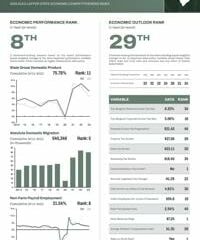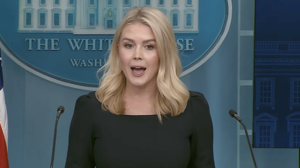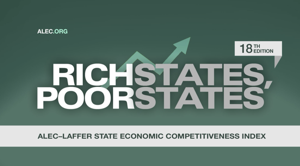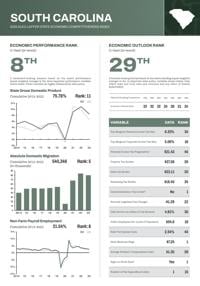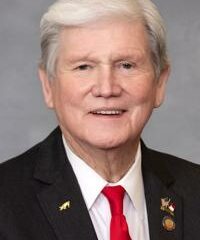(The Center Square) — The U.S. Court of Appeals for the Ninth Circuit ruled California’s ban on standard-capacity gun magazines is constitutional, overturning a lower court ruling.
Citing New York State Rifle & Pistol Association v. Bruen, a U.S. Supreme Court ruling that requires that gun control laws be consistent with the nation’s historical precedent of firearm regulation, District Court Judge Roger Benitez ruled the standard-capacity magazine ban unconstitutional in 2023.
California Attorney General Rob Bonta appealed the ruling before it went into effect.
The Ninth Circuit majority opinion found that magazines, as “optional accessories,” are not protected firearms, or protected accessories under the Second Amendment. It also ruled the ban falls within the general precedent of “protecting innocent persons by prohibiting especially dangerous uses of weapons and by regulating components necessary to the firing of a firearm.”
Three judges dissented, finding the majority’s ruling inconsistent with Bruen and the Second Amendment.
“The majority’s rationale in this case, followed to its (il)logical conclusion, means that now — perhaps even more so than before Bruen — only the jankiest guns are even facially protected by the Second Amendment,” wrote Judge Lawrence VanDyke in dissent. “And even those can be banned outright consistent with the Second Amendment so long as the government can find a historical analogue with the flimsiest connection to the challenged law.”
“It sadly seems our court has somehow now established an even more government friendly version of the very interest balancing the Supreme Court rejected in Bruen,” continued VanDyke. “In doing so today, this court once again improves its undefeated record against the Second Amendment, demonstrating both its misunderstanding of firearms and its disdain for the People’s constitutional right to have them in the process.”
Bonta celebrated the decision, saying, “This commonsense restriction on how many rounds a gunman can fire before they must pause to reload has been identified as a critical intervention to limit a lone shooter’s capacity to turn shootings into mass casualty attacks.”
When providing historical precedent for Second Amendment restrictions to support California’s gun control laws, Bonta’s office has controversially cited bans on gun and ammunition possession by “Negros, Mulattos, slaves, or persons of color” and laws that “prohibited sales to Indians.”



